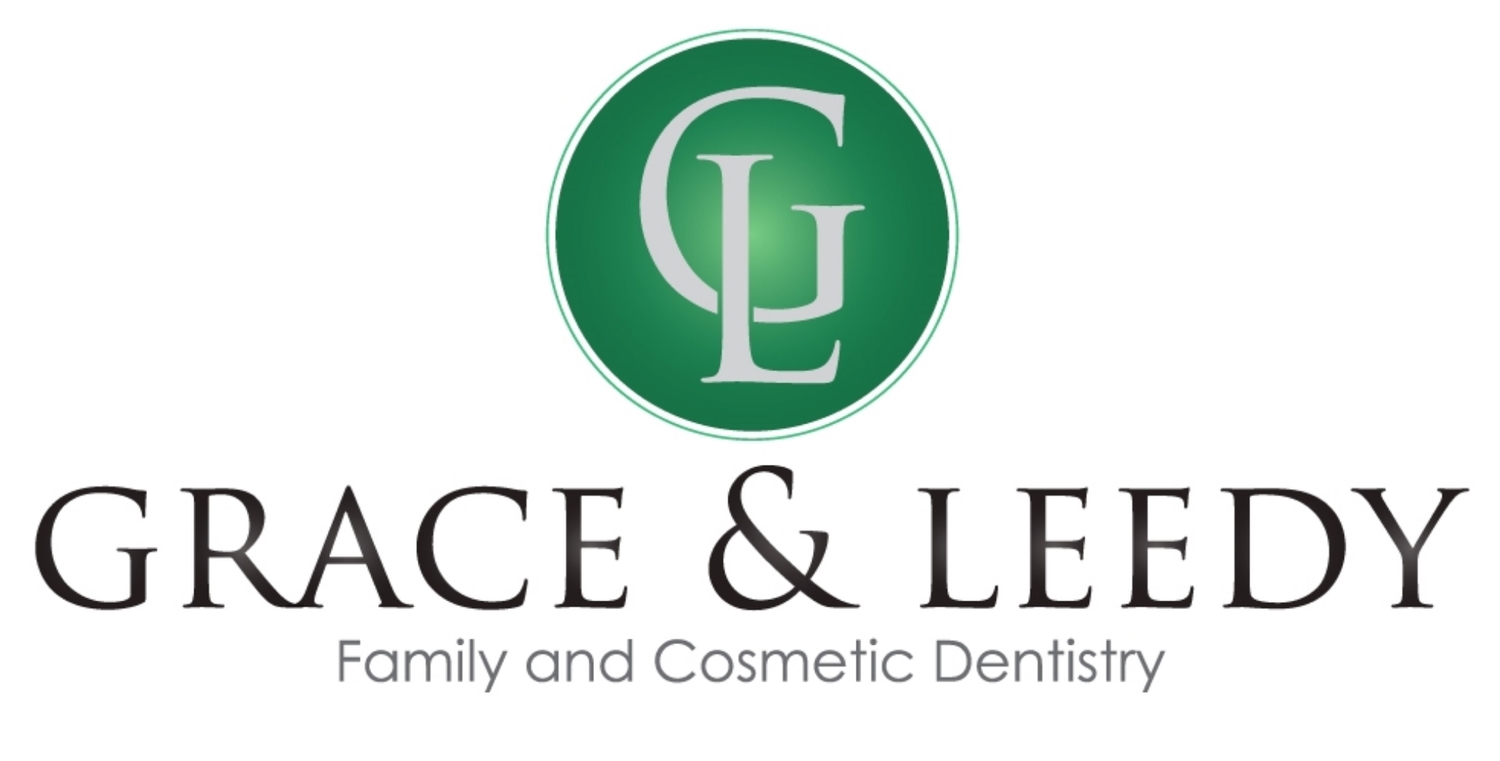
Fighting Plaque And Tartar Buildup
You’ve probably heard the terms plaque and tartar used by your dentist every time you visit. After all, plaque and tartar are one of the big reasons you need to see your dentist every 6 months for a checkup. Addressing plaque and tartar buildup is key to long term dental health. If they are left to build up on your teeth, it can lead to tooth decay and even more severe conditions. Let's take a closer look at how to fight plaque and tartar buildup to keep your smile healthy.
Plaque vs. Tartar
Plaque and tartar are essentially different forms of the same process that happens to your teeth. Everyone develops plaque and some degree of tartar throughout their life. No one is exempt from these processes, even if you carefully watch your diet. Let’s start with plaque as it is an earlier form of bacteria buildup that if left on your teeth can become tartar. Plaque is a sticky film that forms on your teeth after you eat, and it contains millions of colonies of bacteria. All foods will cause some degree of plaque to form on your teeth, but sugars and carbs will accelerate the process. Ideally regular brushing and flossing should remove the majority of plaque from your teeth at the end of the day. However those with inadequate brushing habits will end up leaving patches of plaque on their teeth. This is how tartar forms.
After a while, the plaque will harden into a substance called tartar. This is essentially the mineralized version of plaque, and once formed, it cannot be removed by brushing or flossing. Our teeth are used to encountering plaque, and limited exposure to it does not cause many oral health issues. Tartar is a different story. The longer this hard substance stays stuck to your teeth, the more you are at risk for tooth decay or other issues. It’s common for patients who haven’t been to the dentist in a while to have tartar buildup, and often they don’t even notice a difference.
Battling Plaque Throughout The Day
Ideally you want to deal with regular plaque buildup before it ever has a chance to become tartar. There are a variety of methods to cope with plaque. First and foremost, drinking water and rinsing your mouth out after a meal can make a huge difference, especially if it’s a meal heavy in sugar or carbs. This can be done both at home or when you eat out. For more on good lunch habits, read Lunch Break And Oral Health. Just give your mouth a good swish of water after a meal, it will help more than you think. Of course brushing and flossing after a meal is a better way to ensure plaque is dealt with before it can become tartar.
Basic At Home Care
Regular brushing and flossing is key to keeping plaque at bay. In fact it is a huge reason why dentists always remind patients to brush and floss twice daily. You need to thoroughly brush all areas of your teeth, but plaque can still hide between your teeth even after a proper brushing. This is why flossing is so important. After every session of brushing, if you can properly floss afterward, you stand to keep most tartar from forming on your teeth. Remember the proper flossing technique involves forming a “C” shape and drawing the floss upward to create enough pressure on the tooth to remove remaining plaque.
How Do You Get Rid Of Tartar?
So what happens if you have tartar buildup on your teeth? Where this is when the usual 6 month dental checkup comes into play. Your dental hygienist specializes in removing tartar and they have the specialized tools to do so. Even patients who stick to good brushing and flossing habits may develop a little tartar in hard to reach places. So even if you pride yourself on good oral health, it’s still important to get regular checkups with your dentist.
Are you overdue for a checkup? Now’s the time to fight plaque and tartar buildup by scheduling your next visit. Contact Grace & Leedy Family Dentistry for your next cleaning.
Location
10881 West Asbury Ave Suite 210, Lakewood, CO 80227
Phone: (303) 989-0452
Office Hours
MON8:30 am - 1:30 pm
TUE7:00 am - 3:30 pm
WED - THU8:00 am - 5:00 pm
FRI7:00 am - 3:30 pm
SAT - SUNClosed









comments